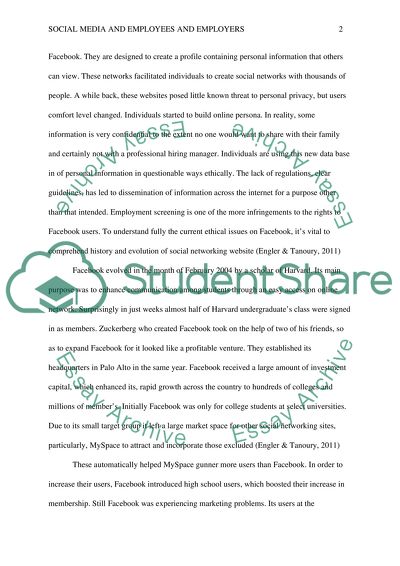Cite this document
(“Social media and employees and employers Research Paper”, n.d.)
Retrieved from https://studentshare.org/information-technology/1473205-social-media-and-employees-and-employers
Retrieved from https://studentshare.org/information-technology/1473205-social-media-and-employees-and-employers
(Social Media and Employees and Employers Research Paper)
https://studentshare.org/information-technology/1473205-social-media-and-employees-and-employers.
https://studentshare.org/information-technology/1473205-social-media-and-employees-and-employers.
“Social Media and Employees and Employers Research Paper”, n.d. https://studentshare.org/information-technology/1473205-social-media-and-employees-and-employers.


